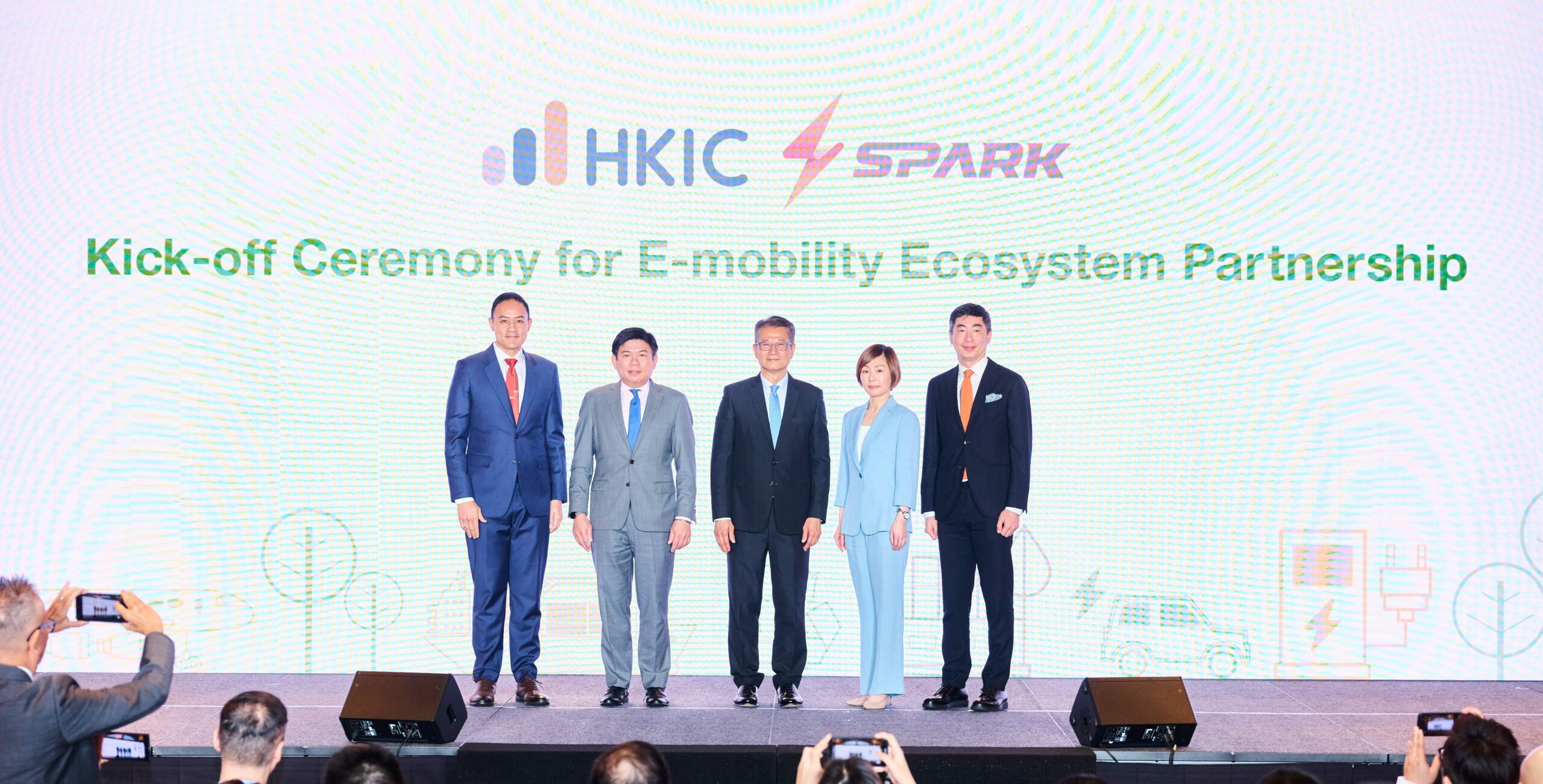In its first overseas investment, the Hong Kong Investment Corporation (HKIC), a wholly-owned government investment company, announced on Thursday that it has invested in Spark, a joint venture company between Hong Kong and Thai e-charging tech firms.
The deal will help Spark use Hong Kong’s green technologies to establish, operate, and manage a total of 1,000 electric vehicle (EV) fast-charging stations, under the Spark brand, at Thai state-owned gas retailer Bangchak Corporation’s service locations in Thailand over the next five years.
HKIC did not disclose the financial terms of the investment.
“This is the very first overseas initiative announced by HKIC, and with such collaboration, Spark aspires to become one of the top three major EV charging grants in Thailand by 2026,” said Clara Chan, CEO of HKIC.
“Our efforts have been focusing on hard and core technology, biotech, as well as new energy and green technology. The project names I just mentioned represent only those that we have announced, and a lot more have been ongoing.”
HKIC kicked off its first direct investment with Hong Kong artificial intelligence (AI) unicorn SmartMore in June, followed by Beijing-based bio-computing startup BioMap in the same month. It has also invested in Chinese embodied AI startup Galbot.
Spark marks the wealth fund’s fourth investment in the last three months. The HK$62-billion ($7.9 billion) investment firm was established in 2022, with Chan appointed as CEO a year later.
“We are going to open a 600-kilowatt-hour ultra-fast charging station in Bangkok next month. This is going to be the first in Thailand for such fast e-charging,” said Vincent Yip, CEO of Spark, at the partnership announcement ceremony on Thursday.
Yip started Spark in April of this year with an office in Bangkok, according to his LinkedIn profile. He is also CEO of Cornerstone Technologies, which is an EV-charging station contractor in Hong Kong.
The momentum in Thailand’s EV sector is picking up as it aligns with the country’s plan to achieve peak greenhouse gas emissions by 2030, carbon neutrality by 2050, and net-zero greenhouse gas emissions by 2065.
“We have one of the highest EV penetration rates in Asia, around 65% of newly registered vehicles in this city are EVs. While Hong Kong is not home to mass EV production, our tech community is creating many innovative solutions for EVs and other new energy applications,” said Hong Kong financial secretary Paul Chan.



